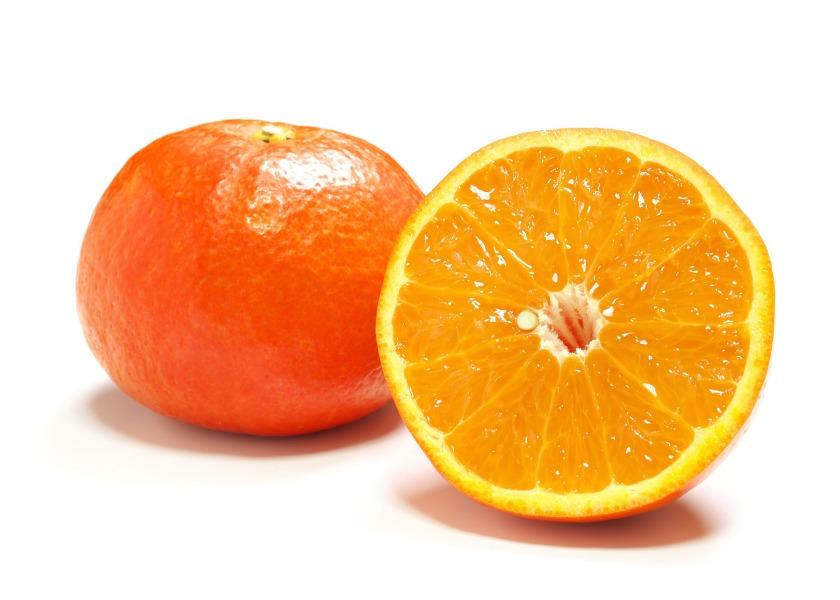Congress funds breeding and HLB programs to bolster citrus industry

Congress has approved funding and support for federal citrus programs critical to growers across the country. Additional program support includes a Citrus Health Response Program, the HLB Multi-Agency Coordination and an additional $1 million in federal funding for a new citrus breeding program.
“On behalf of the industry, we are appreciative of the committee and our congressional leaders for their commitment to fully developing this program and look forward to finding solutions to the issues California citrus growers are faced with every day,” California Citrus Mutual President and CEO Casey Creamer said in a news release.
This additional funding comes after Congress provided $1 million during the current fiscal year to establish the citrus breeding program at the USDA Agricultural Research Service field station in Parlier, Calif. The new California citrus breeding program will identify new citrus varieties that are best suited for changing climatic pressures, such as drought, as well as are suited for consumer taste preferences and are resistant to pests and diseases such as HLB.
The House Appropriations Committee has included additional funding for citrus breeding research to develop and evaluate high-quality, superior citrus selections for use in citrus-producing regions and to evaluate rootstock and scion materials where citrus is commercially grown for the fresh fruit market.
Related news: Chilean citrus output and exports up big, report says
The California program is an expansion of the existing national USDA ARS citrus breeding program located in Florida, which is focused primarily on varieties that are optimized for growing conditions in Florida. The Florida program has resulted in new varieties with higher yields, increased disease resistance, improved color and a longer shelf life, according to the release.
The Florida and California breeding programs, along with the continued efforts of the University of California citrus breeding program, anticipate working together to find solutions for California citrus growers in the near future.







